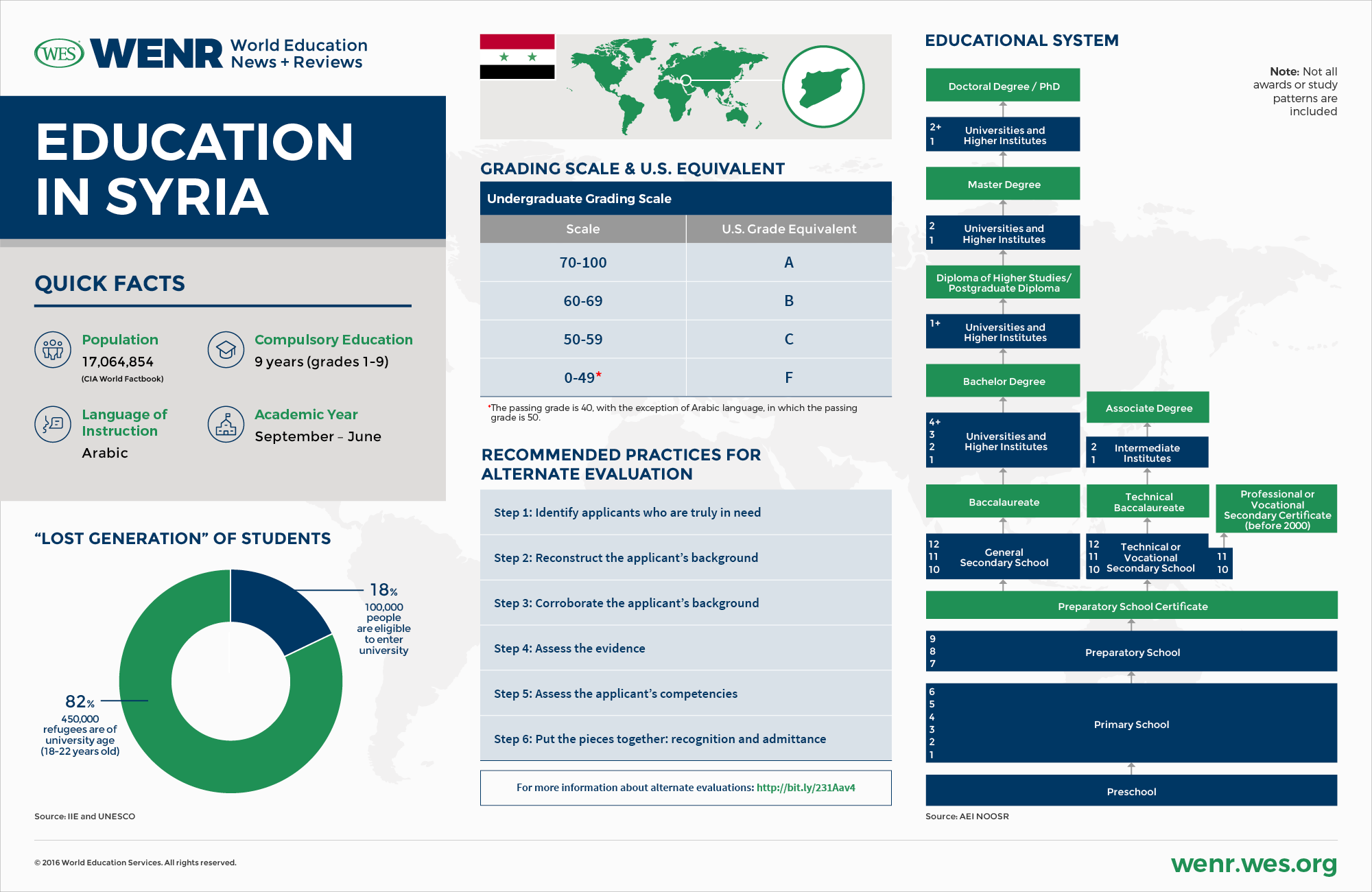Anne Greenwood, Marketing and Communications Manager, WES Global Talent Bridge Canada
Fanshawe College in London, Ontario, is one of the province’s largest higher education institutes. Fanshawe provides a flexible and experiential education to ensure that students are prepared for the ever-shifting labour market. In 2015, as Syrian refugees began arriving in Canada, Fanshawe saw a similar influx. “Each of our admissions advisors was regularly seeing refugees from Syria who wanted to study at the college,” Kate Day, admissions and pathways advisor at Fanshawe, told WES Global Talent Bridge.
Along with several private donors, the college committed to providing scholarships to 10 Syrian refugees. “This was an exciting time because we really felt like there was a wave of support with action behind it in supporting our newest neighbours to pursue the life they had dreamed of in Canada,” Day said.
Then a harsh reality set in. The admissions team couldn’t access any documentation of the Syrian refugees’ previous academic qualifications. Schools require such documentation to admit students or to transfer their credits—and evaluating previous credentials is a normative practice for admitting students educated outside the host country.
Some refugees had photocopies of transcripts or a photograph of a diploma; others had had to flee with very little. The institutions in Syria were unresponsive, closed, or destroyed—contacting them for the documentation was not an option.
 [1]
[1]Infographic from WENR’s Syria Education System Profile [2]
Ron, a member of North Park Community Church (which works with the Canadian government to help settle refugees), contacted Fanshawe. He connected the office of the registrar to WES, which was fortuitously conducting a pilot project to address credential evaluation for Syrian refugees.
Fanshawe was familiar with WES since WES had provided credential evaluations for students educated outside Canada in the past. “In Ron’s work with individual refugees, he was able to submit what they had in hand to WES so that [WES] could, in turn, evaluate their credentials and share that with Fanshawe for admissions,” Day explained.
“WES’ pilot project was so helpful and instrumental to me and my colleagues at Fanshawe College. Our community welcomed many Syrian refugees and as much as we all wanted to help, we learned quickly that we were missing some of the tools we needed to help these newcomers transition to post-secondary education.”
Fanshawe accepted the credential assessments without fail, given the circumstances and the ongoing confidence the college had in WES. Being able to trust the integrity of the WES evaluation process solved a big problem for Fanshawe. “We were looking at alternative ways to verify their education, including testing,” Day said.
“Working with applicants that were unable to provide any sort of transcript or educational record posed a significant challenge for Fanshawe College, but with the reports from WES’ Refugee Pilot Project, we were able to accept many of these refugees into programs at the college to retrain for new careers in Canada.“
Many refugees applied to Fanshawe, a good number of them using the assessment available through the WES Refugee Pilot Project. Some took short-term courses to upgrade their skills; four students who received scholarships are currently pursuing diplomas, advanced diplomas, and certificate programs.
Fanshawe will continue to recognize credential evaluations from WES as part of the expansion of the WES Refugee Pilot Project, now known as the WES Gateway Program [3]. “This allows Fanshawe to live up to our commitment to provide equal access to education—we can trust the work of our colleagues at WES which permits us to eliminate barriers for newcomers who want to study here,” Day said.
WES looks forward to continuing work with Fanshawe College as the WES Gateway Program grows to meet the needs of displaced individuals.
Originally published on the WES Global Talent Bridge Partner Blog [4]. You can find more from WES Global Talent Bridge here [5].
